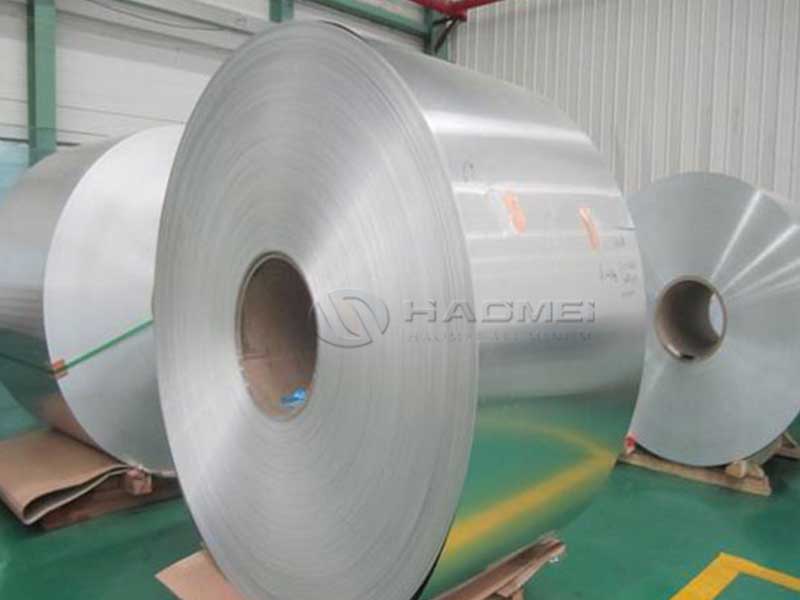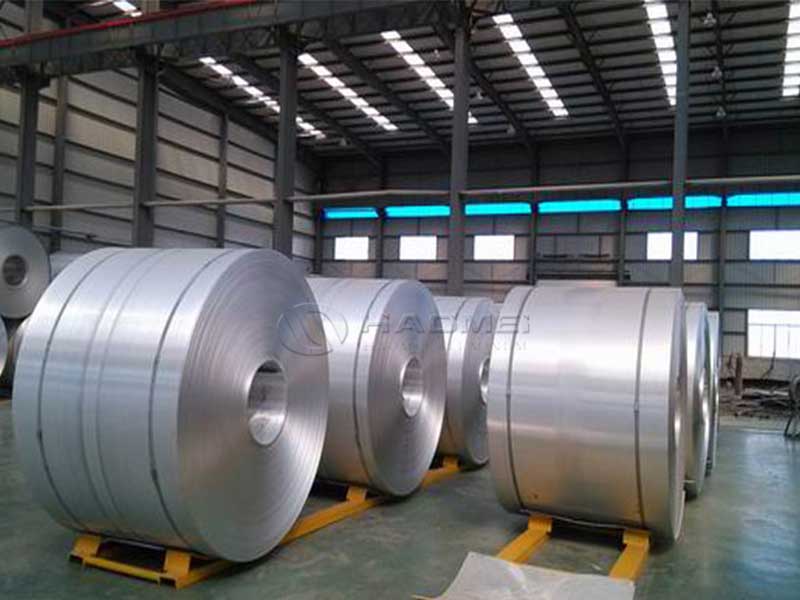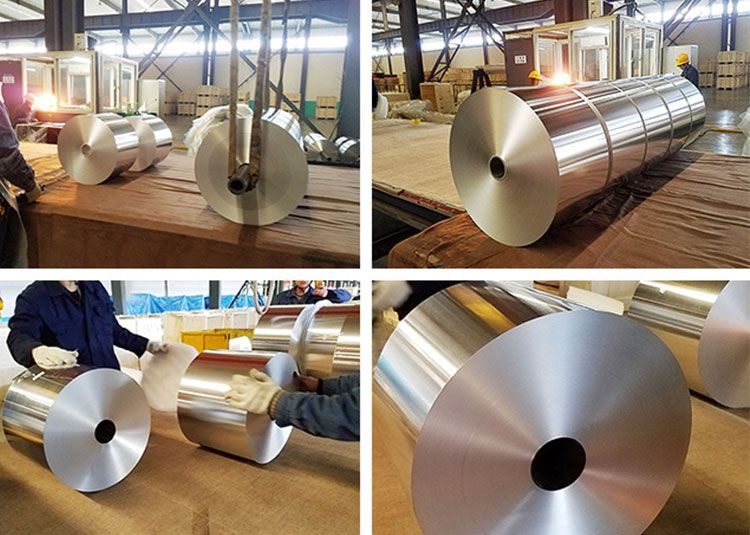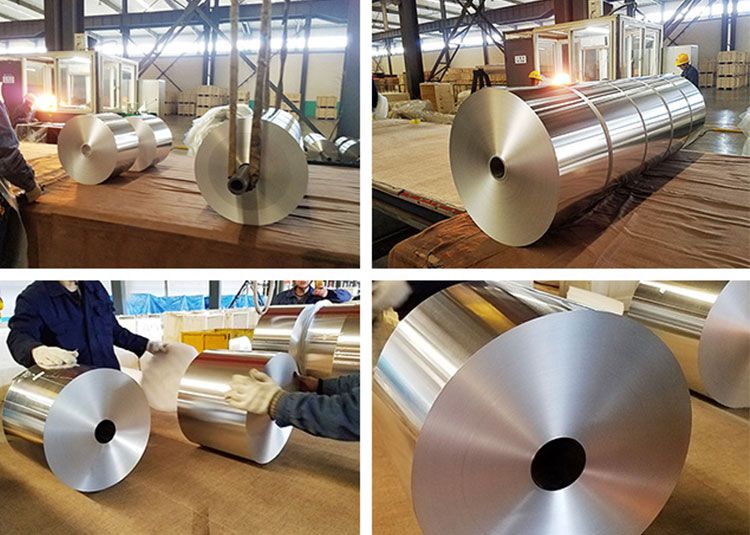In an era where portable energy storage solutions are paramount, lithium-ion batteries have unlocked a world of possibilities in powering everything from smartphones to electric vehicles. A crucial yet often overlooked component in these innovative batteries is aluminum foil. In this article, we will explore how aluminum foil contributes to the efficiency and performance of lithium-ion batteries, enhancing energy storage and transfer while ensuring a longer lifespan.
Understanding the Basics of Lithium-Ion Batteries
Lithium-ion batteries are rechargeable energy sources that store electrical energy during charging and release it during usage. They consist of an anode, a cathode, an electrolyte, and a separator. Each of these elements plays a critical role—in particular, combining specific materials contributes to the battery’s weight, energy density, and power capacity.
The Importance of Aluminum Foil in Lithium-Ion Batteries
Aluminum foil serves as a critical part of the battery construction, particularly in the cathodes and anodes. Here are several wrapped benefits illuminating the role of aluminum foil in lithium-ion batteries:
1. Conductivity
Aluminum foil boasts exceptional conductivity, which is integral for the efficient flow of electricity. When integrated into lithium-ion batteries, aluminum foil facilitates the movement of ions within the battery, ultimately improving charge and discharge rates.
2. Lightweight and Compact
Weight and size are significant considerations in battery design, particularly for portable devices like smartphones, laptops, and electric cars. Aluminum foil is extremely lightweight, allowing manufacturers to create slim, compact, and efficient battery designs without compromising performance.
3. Corrosion Resistance
When encapsulated with a protective layer, aluminum foil offers admirable resistance against corrosion, which prolongs the life of lithium-ion batteries. This resistance ensures that the battery components maintain their quality and efficiency over time, enhancing reliability—a key factor, especially in electric vehicles.
4. Thermal Management
Thermal stability is critical in preventing Battery Management System (BMS) issues. Aluminum foil exhibits excellent heat dissipation properties, effectively managing the temperature within lithium-ion batteries. Controlled temperature reduces the risk of battery degradation and ensures that the device operates within safe limits.
Applications of Lithium-Ion Batteries with Aluminum Foil
Lithium-ion batteries made with aluminum foil are not just limited to consumer electronics. Their applications are extensive:
-
Electric Vehicles (EVs): Innovative automotive manufacturers depend on aluminum-encased lithium-ion battery technology to power electric vehicles, balancing performance and weight alongside sustainability.
-
Renewable Energy Storage: The storage of energy generated from solar panels is facilitated through batteries insulated with aluminum foil, enabling efficient energy retrieval and storage needed for modern homes.
-
E-Bikes and Scooters: Lightweight electrical components contribute to high-performance riding solutions; thus, aluminum's lightweight brings additional mileage without bolstering bike weight.
Choosing High-Quality Aluminum Foil
The quality of aluminum foil used in lithium-ion batteries makes a distinct difference in compatibility and performance. Manufacturers opt for high-purity aluminum foil that meets strict industrial standards.
When searching for lithium-ion battery solutions, look for providers specializing in premium aluminum foils tailored specifically for this application. Investigating your supplier's commitment to quality balls as paramount ensures you're acquiring cutting-edge technology geared for efficiency and reliability.













